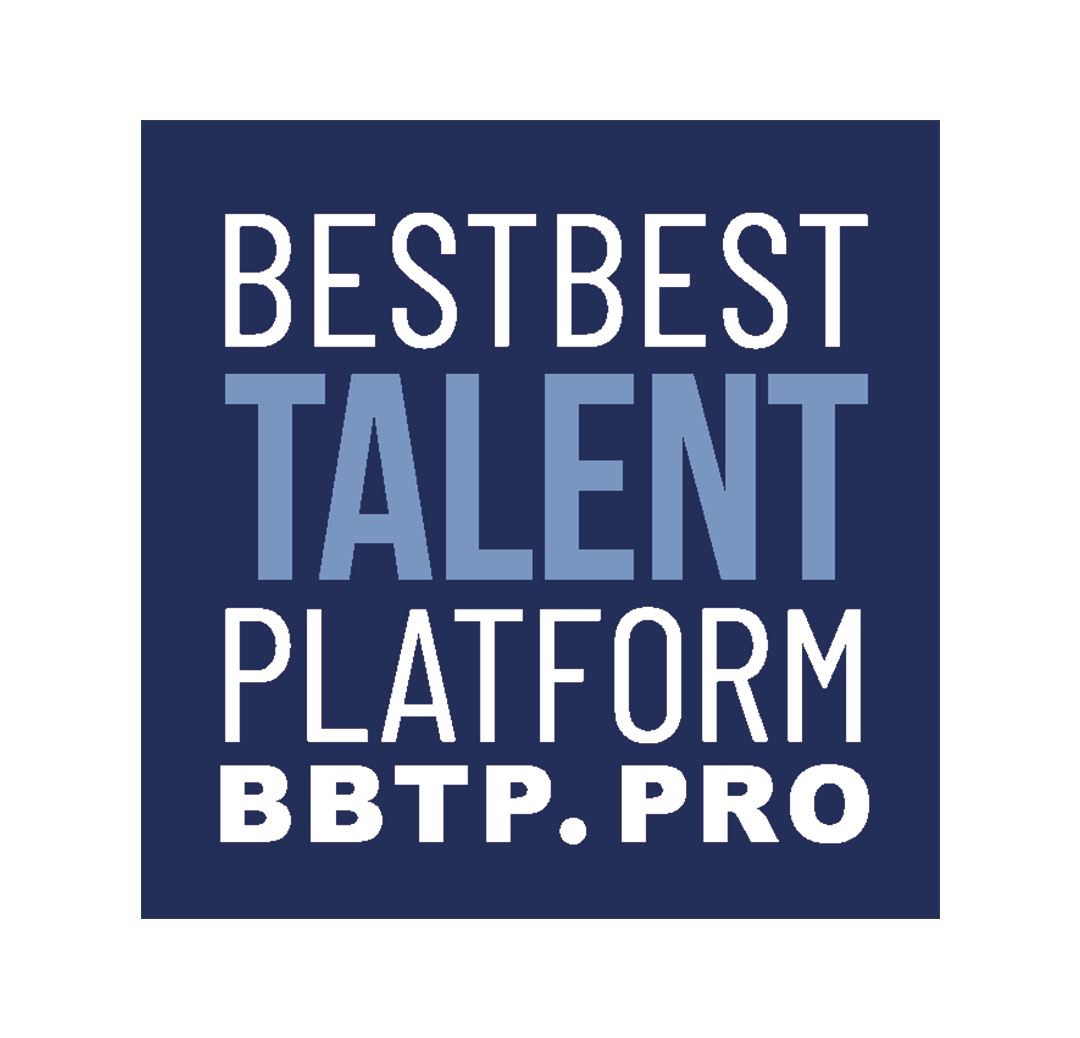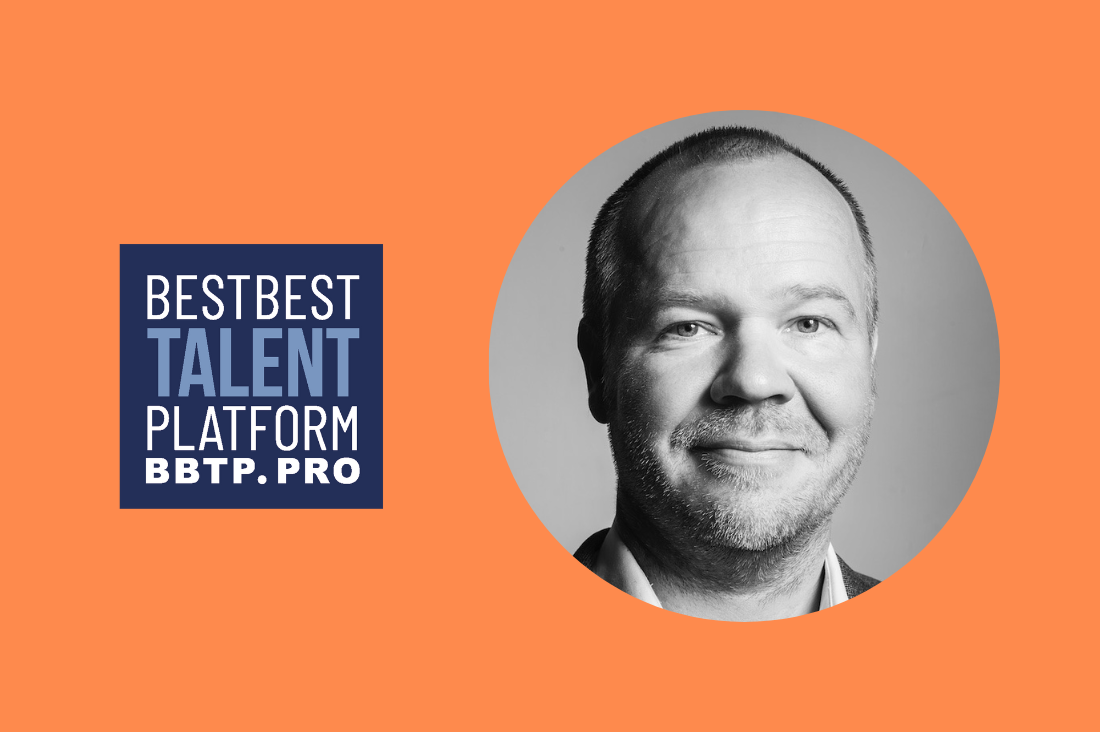How to make sense of the rapidly changing AI landscape?
The August Member Meeting of Best Best Talent Platform featured a highly informative presentation by Nino Ilveskero, a seasoned expert in digital services and AI projects. Nino’s presentation provided a look into the evolving world of AI and its implications for businesses. For those who missed the BBTP Member Meeting, our team has rounded up the key takeaways from Nino's presentation.

For 25 years, Nino Ilveskero has dedicated himself to harnessing data and technology to improve business operations and power digital services. He is excited about the potential of AI and a strong believer in the responsible use of it. Over the years, Nino has worked in consultant and business director roles in various organizations, including Sanoma, MTV, Veikkaus, Nokia, Loihde. and Talent Base. Now, he is excited to be both a partner and principal consultant at AIThink.

AI sense-making
With the continuous introduction of new products, frequent branding changes, and the integration of AI into everyday tools, keeping up with AI can be a challenge. However, to leverage AI effectively, businesses should stay informed on the rapid development of AI technologies.
Staying informed starts with understanding some key terms in the AI landscape:
- Artificial Intelligence (AI):
Artificial Intelligence is the overarching field of computer science focused on creating machines or software that can perform tasks that normally require human intelligence. - Machine Learning (ML):
Machine Learning is the process of teaching a computer by using many examples, like showing it different kinds of balls. Eventually, the computer learns to recognize a ball without being told what it is, based on patterns it has seen before. - Deep Learning (DL):
Deep Learning is a special type of machine learning that uses multiple layers of understanding, like how our brain has many layers to process information. - Generative AI (GenAI):
Generative AI is when a computer doesn’t just recognize things, but also creates something new based on patterns it has learned from examples. In other words, GenAI is the use of AI to generate new content, such as code, stories, pictures, music, or videos.

AI ≠ ChatGPT
ChatGPT has earned its place in history as the first widely accessible AI tool. Since ChatGPT was many users' first hands-on experience with AI, it is understandable that some equate ChatGPT to AI. However, it is important to remember that ChatGPT is just one AI tool, and even ChatGPT itself has developed rapidly in a short span of time.
Nino emphasizes the rapid development of AI tools, whether from OpenAI (the creators of ChatGPT) or Microsoft or countless other companies. AI tools can be used for productivity, development, personal or team projects, and the opportunities and products available are growing. Moreover, according to the current AI market situation (July-August 2024), product development is increasing in speed while cost is getting lower. The accelerating pace of development and decreasing costs make advanced technology more accessible than ever before. Thus, now is a prime time for leveraging AI tools to maximize efficiency and innovation across various domains.
AI mindfulness
While AI is providing many new opportunities for individuals and companies, there are certain things to consider for safe and responsible AI use. Nino highlighted several key points to remember:
- AI is only as good as the data it is trained on
The performance and accuracy of AI depends entirely on the quality, quantity, and diversity of the data it is trained on. If the data is incomplete, biased, or outdated, the AI will produce unreliable or skewed results. Well-curated data enables the AI to learn patterns and make informed decisions, while poor data can lead to incorrect predictions, biased outcomes, and misinformed conclusions. In essence, the effectiveness of AI hinges on how representative and accurate the data it learns from is, making data quality a critical factor in AI success. - There are major risks when using free AI tools
Using free AI tools can pose risks such as privacy concerns, data security vulnerabilities, and limited support or updates. They may lack accuracy, contain hidden costs or ads, and may be prone to bias or ethical issues. Additionally, free tools often offer limited customization and may claim ownership over outputs. These factors can reduce reliability and lead to unintended consequences when handling sensitive data or important tasks.
- Businesses must follow AI legislation
Following EU legislation, such as the European Artificial Intelligence Act (AI Act), is crucial for ensuring responsible AI development and deployment. The AI Act, effective from August 2024, sets clear guidelines to protect individuals and businesses by regulating AI systems based on their risk levels. For example, high-risk AI applications, such as medical software and recruitment tools, must meet strict requirements to ensure data quality, transparency, and human oversight. Non-compliance can result in significant fines, up to 7% of a company’s global annual turnover. This legal framework emphasizes the importance of transparency, user safety, and the protection of fundamental rights, making adherence to the law essential for companies operating within or impacting the EU.
Towards scalable, high-impact, operational, and well-performing AI
The future of AI is unfolding before our eyes. While not everyone needs to be at the cutting edge of its development, all companies would be wise to consider the value AI could bring their business. If support is needed at any step of the way, experts like Nino and his colleagues at AIThink are ready to lend a hand. At the end of Nino's presentation, he shared AIThink's Roadmap to GenAI Mastery.

Thank you Nino!
The BBTP Team extends a big thank you to Nino Ilveskero for his informative and engaging presentation for our members. If you have any questions about the full contents of the presentation or you are in need of AIThink's assistance, feel free to reach Nino directly via the contact information below.
Nino Ilveskero
Nino.ilveskero@aithink.fi
+358 40 511 8935

Thanks for reading this BBTP blog post to the end. If you found something about this blog post interesting, feel free to give your thoughts in the comment section below. We always appreciate hearing from our readers.





.png)